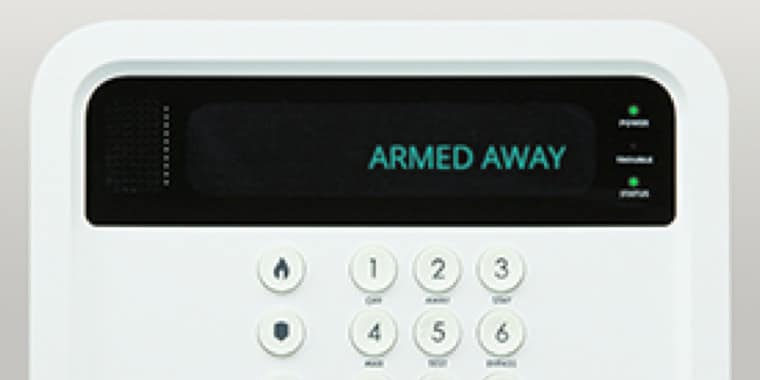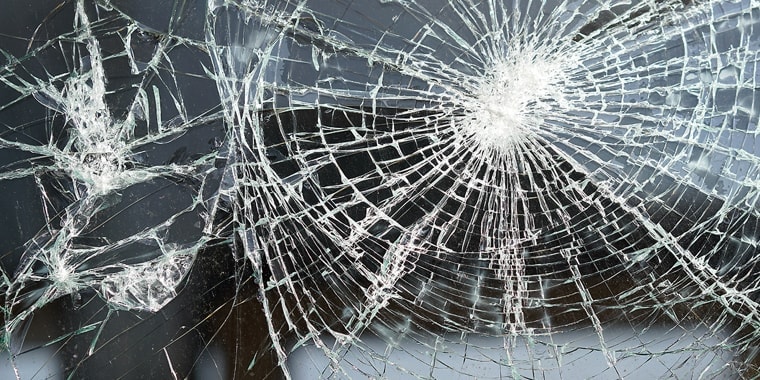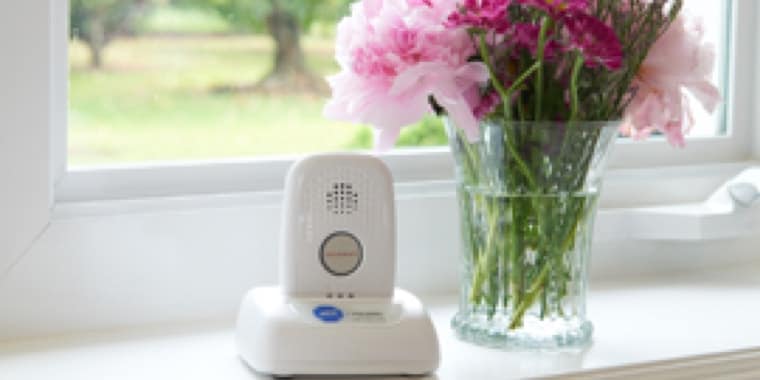It can be scary to turn on the local news and see a massive hurricane slowly inching its way towards where you live. Hurricanes and many other conditions such as wild fires, tornadoes, and winter precipitation, make up what the EPA refers to as "extreme weather." And extreme weather recently has been increasing in duration and intensity. The EPA goes on to state, "Even hurricanes that don't make landfall can influence waves, currents, and storm tides, which can result in property damage, flooding, and coastal erosion." Hurricanes are inherently strong storms that can be disastrous if you don't properly prepare for them.
A solid hurricane safety plan is the best defense against hurricane related storms. Below we give you a break down on how to prepare, survive, and keep your family safe during hurricane season. Of course, this information is to help you prepare and stay in your home only when it's deemed safe-if your local authorities issue an evacuation, follow their warnings first and foremost.
Hurricane Preparedness
The first step is to ensure that your house and family are well prepared to deal with a hurricane. It's important to know where you should go in the event of an evacuation. This information can be easily found by contacting local emergency authorities.
Additionally, every household should be equipped with a well-stocked emergency preparedness kit. This is everything from flashlights, first aid, tools, personal sanitary items, etc. Also, be sure to keep any medications your family takes regularly in supply as well as a battery-powered radio.
Here are some further tips for hurricane preparedness:
- Trim or remove damaged trees and limbs to keep you and your property safe.
- Clear debris and secure gutters to prevent water damage.
- Reinforce windows, doors (including the garage), and the roof.
- Invest in a generator - Remember to keep generators and other alternate power/heat sources outside, at least 20 feet away from windows and doors and protected from moisture; and NEVER try to power the house wiring by plugging a generator into a wall outlet.
During a Hurricane
If your local authorities have not issued a mandatory evacuation, use these hurricane safety tips to stay safer in the midst of a hurricane.
- Keep up to date with conditions by staying tuned to the radio or television.
- DO NOT go outside until you hear from authorities that the storm has passed your area completely.
- Stay away from all windows and exterior doors.
- Leave your home only in extreme circumstances (i.e., if your home is damaged or if authorities instruct you to do so).
- If you lose power, avoid a power surge by turning off all major appliances.
- Electrocution is also a threat if using electrical equipment in your home, so stay away from anything with running electricity and do not use the telephone except in an emergency.
Post Hurricane Safety
What you do after the hurricane passes can be just as important as what you do before and during the storm. Here are a few tips for what to focus on afterwards:
- Stay informed of any updated instructions from local officials.
- Only return to your home when it’s deemed safe.
- Avoid downed power lines and other dangerous debris.
- DO NOT attempt to walk or drive through floodwaters. It's easy to overestimate your ability to navigate floods, but it can be extremely life threatening.
- Take pictures of property damage to file an insurance claim.
- Try preventing further damage to your home as insurance may not cover anything that occurs after the storm.
Practicing good hurricane safety might seem daunting, but a mix of common sense and preparedness can make all the difference for the safety of you and your family.
For information on how to get your ADT security system serviced after a major storm, visit our Help Center.





